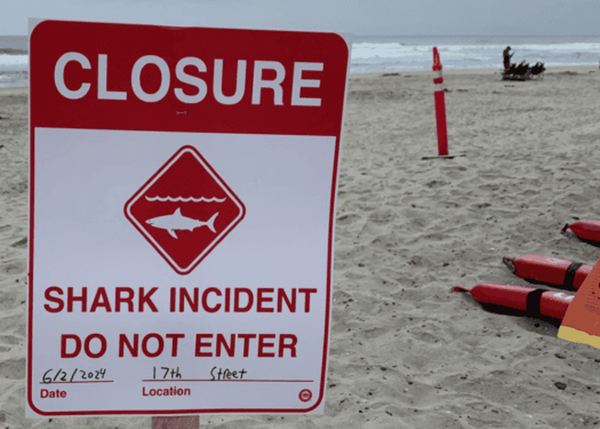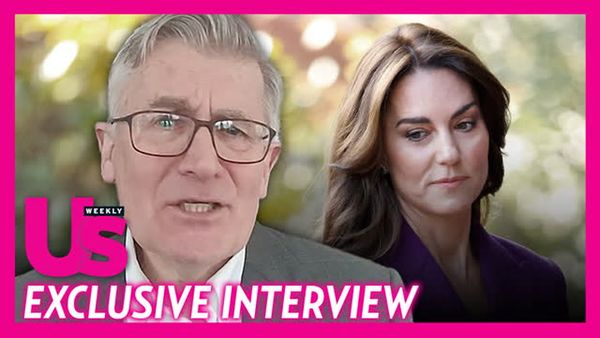
Hunter organisations have slammed the federal government for "boasting" about a budget surplus in the midst of a cost-of-living crisis.
The federal government handed down its 2024 budget on May 14. In his budget speech Treasurer Jim Chalmers said the government was expecting to deliver back-to-back surpluses for the first time in nearly two decades due to Labor's "responsible economic management".
But Hunter Domestic and Family Violence Consortium spokesperson Lisa Ronneberg said it was "reprehensible to use that language".
"It's unconscionable to be boasting about a surplus when we have women who are sleeping in tents and cars," she said.
"The budget goes no way to supporting people who are barely surviving."
Home in Place spokesperson Martin Kennedy said while back-to-back surpluses were rare, he did not think it was the time for it given the economic situation Australians were facing.
"It generally gets touted that a budget surplus is a good thing," he said. "I'm not so sure that's the case when you've got a population that is expanding very, very rapidly primarily as a result of overseas migration and a quite extreme shortage of housing.
"Running surpluses and saying 'we need to do this because this is the right thing by future generations, we're putting it away for a rainy day', that's a pretty dangerous path.
"Because you're creating the conditions where you can end up with a lot of people who were born in, grow up in, do all the right things in a rich country but still feel like they're poor."
Ms Ronneberg described the budget as "extremely disappointing" after the Prime Minister declared domestic violence as a "national crisis" in April.
"We're not particularly happy about it," Hunter DFV Consortium regional collaborations coordinator. "We did not see a response we had expected.
"There's no increase in funding to frontline domestic and family violence services.
"Nothing they're saying would make us feel anyway positive that we're going to see any change to domestic and family violence rates."
The budget included $4.3 million for Australia's National Research Organisation for Women's Safety (ANROWS) to further build the evidence base on pathways into and out of perpetration.
Ms Ronnerberg said this was needed, but there was no funding increase to local programs doing this work already.
"We have one men's behaviour change program in the Hunter... they have a waiting list of men wanting to do the program."
She said the $5000 for people fleeing violence was an extension of an existing program, and lacked agency as only some of it was money while the rest of the allocation was vouchers.

"It has been extended to migrants, which is great," Ms Ronneberg said. "But it is not much and won't go far."
Mr Kennedy said the budget was "underwhelming" due to "the lack of funding" to deliver new social or affordable housing.
He said the 10 per cent increase to Commonwealth rent assistance was good on the back of another increase from the previous year' budget, but it wouldn't help the vast majority of renters.
"It only helps people who are on benefits and that's if they're lucky enough to find a home in the first place," he said.
Mr Kennedy said the budget also included "smoke and mirrors" with old funding being moved around and reallocation.
"There was $400 million in funding for homelessness, but it was really just reallocating funding within the amounts that they provide to the state governments each year as part of their annual homelessness package," he said.
The budget allocated $1 billion for state and territory governments to deliver enabling infrastructure for housing such as roads, sewers and electricity networks.
"That's a positive development," Mr Kennedy said.
"But I think the big question we should all be asking given the state of the housing crisis at the moment is, where's the new money for social and affordable housing?"
There are more than 4500 households in the Lower Hunter on the waitlist for social housing.
What other Hunter organisations said about the budget

BUSINESS
Business Hunter said the budget was "clearly not targeted" as a business budget, and while it would benefit some sectors, it would leave others wanting.
Business Hunter CEO, Bob Hawes said small to medium-sized businesses in some sectors remained particularly vulnerable.
"It's great to see people getting tax cuts and bill relief, but measures such as the energy bill assistance are limited and general. SME's (small-medium enterprises) with high energy costs are unlikely to benefit from these measures," said Mr Hawes.
"The government has focused on cost of living and lowering inflation, and rightly so, however if we see a steeper slowing down of the economy than expected we are also going to see a rise in unemployment, which is just as serious."
Business Hunter supported the $22.7 billion Future Made in Australia program, which was expected to deliver almost $400 million across five years for Net Zero Economy Authority and $2 a kilogram tax incentive for renewable hydrogen produced between 2027 and 2040.
"We advocated for support for businesses to develop net zero plans, so we're delighted to see that made the cut," Mr Hawes said.
Business Hunter and other regional groups had advocated for an Institute of Applied Technology style training and education facility to help drive the new energy economy, however the budget committed $10 million to establish a National Hydrogen Technology Skills Training Centre in partnership with the Victorian government.

HEALTH
Hunter Medical Research Institute has welcomed the $1.89 billion investment in the budget for health and medical research.
HMRI chief partnership and development officer Todd Williams said the investment would enable HMRI to expand its innovative research agenda.
He also praised the $62 million investment for 26 clinical trials, including a men's health study at the University of Newcastle, and $18.8 million for human health research initiative National One Stop Shop.
"By simplifying participation in clinical trials and streamlining research processes, HMRI is poised to significantly outperform expectations in the health and medical research arena," Mr Williams said.
"The federal budget's commitment empowers us further to address the urgent needs of our communities, particularly in women's health, clinical trials, cancer research and preventative medicine. This investment is not only a recognition of the vital role of health and medical research but also a crucial step towards realising our vision of creating the healthiest region for the planet."







